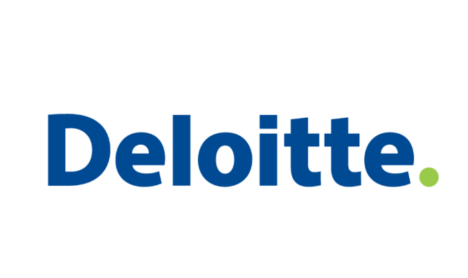Whose lunches are the big management consultancies eating?
As management consultancies continue to make inroads into the media and marketing budgets of Australian brands, Bilyana Smith argues it’s time for the industry to fight back.
It is no longer news that the big global management consultancies (Deloitte, Accenture, IBM, McKinsey, PwC, KPMG….) are buying digital agencies and design companies and competing with the advertising industry, but that is only the tip of the iceberg and they may not be after the adman’s lunch at all.
While the industry is watching in disbelief and arguing about the ability of management consultancies to attract and retain creative talent critical to success, the bigger issue is escaping attention.
In their pursuit of growth and a move to expand the frontier of their professional services, they are disrupting the marketing function in large companies, taking out the CMO’s seat at the business decision-making table and pushing it down the value chain into the territory of mere execution and, crucially, removed from the board level.



Technology ushered in the commodification of creative. It’s no longer just about typeface choice and garnering laughs, and yet never has the ‘creative’ communication had as much penetration into all our lives as it does right now. Unless you can tie productivity directly into your creative solution then you’re going to disappear up your own rabbit hole, which is something these number crunching firms have started to realise and acted towards. And it’s also something smaller arrangements such as Stepchange have started to leverage in competition with their ‘C-suite-legitimate’ counterparts such as the BCGs of this world. Very nice piece, Bilyana.
The secret to robust vibrancy, in my opinion, is rather quite simple. Innovative modularity via open APIs is essential in preventing ludonarrative dissonance in a hyper-connected zeitgeist for which the paradigm of big data is ever shifting to server-side cloud processing where authentic indie neobehemoths crowd-source solutioneering for a near-infinitesimal plethora of frictionless digitainment with AAA cinematic experiences that have streamlined the proprietary snackability of freemium commerce providing the cutting-edge widgetized criterion quintessential core-consumers emolument through high-fidelity microtransactions. By collaboratively cultivating supra-industry-standard cross-media end-user action-items, few other next-gen virtual services manage to synergize the microblogosphere with dynamically aggregated cyber-omnichannels in REAL TIME. Thus recontextualizing the granular front-end extensibility mission-critical infomediaries facilitate from plug & play functionalities, so long as the benchmarks of targeted web platforms are proactively engaged to avoid the disintermediate scaling that disempower supply chain facilitators.
What do others think..?
@Mark – you nailed it with the jargon that often hypnotises clients from the big consultants. It sounds amazing but agencies often concisely say the same thing in simple terms. Sure it doesn’t sound as impressive but I bet clients walk out of the room knowing what the strategy is.
Don Watson writes about this corporate fluff and jargon in his books, Weasel Words, Death Sentences, Worst Words among others. Great reads and scary how widely used certain phrases and words appear to mean something and in fact mean nothing.
I think there’s the perception of some client C suites that agencies just present the “fluff” whilst management consultants present the “substance” just because of their heritage. It’s this heritage and their brand that clients want to really rub shoulders with, as it makes them look good in front of their board and senior colleague if they can regurgitate the corporate speak making themselves sound more intelligent – the truth is they say a lot but it doesn’t mean a lot, however if your audience think you sound intelligent with corporate jargon then the job is done. Ya gotta love ‘smoke and mirrors’.
I can remember a very similar piece written in AdNews 12 years or so ago how agency’s strategic thinking was under threat by the big corporate management consultants. Have big agencies adapted? Some have but the smaller newer digital agencies have seen the value this can bring.
In saying that I still seem them as a strong and real competitive threat so bring it on.